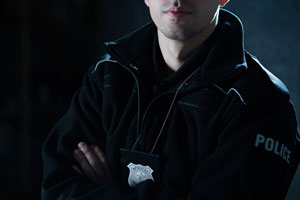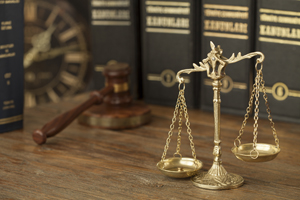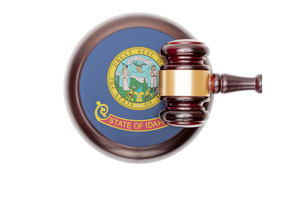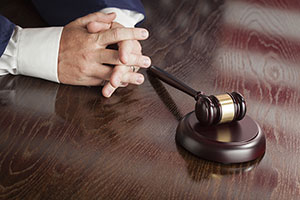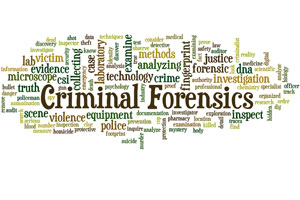The scope of a health expert’s testimony is a matter of heated contention between the parties in a landmark federal opioid trial.
The Dispute
The Cabell County Commission and the City of Huntington in West Virginia claim that three wholesale drug companies, McKesson, Cardinal Health, and AmerisourceBergen, should be held accountable for the costs of opioid addiction in West Virginia communities. The government entities claim that the three wholesalers compounded the opioid crisis by saturating the region with opioids.
According to the Cabell County Commission and the City of Huntington, the drug companies distributed nearly 100 million opioid pills in Cabell County over a 10-year period. A West Virginia drug overdose death report states that 7,200 West Virginians died with at least one opiate in their system between 2001 and 2015. Cabell County attorney Paul Farrell Jr. has stated that there have been about 1,100 opioid-related deaths and 7,000 overdoses in the past decade in Cabell County alone.
The lawsuits claim that the distributors breached their duty to monitor, detect, investigate, refuse, and report suspicious orders of prescription opioids coming into West Virginia over the past several years.
The Expert Witness Dispute
As the case is finally proceeding to trial after a long delay due to COVID-19, the drug companies filed objections to the proposed expert testimony of health official witnesses, who walk the line between fact and opinion witnesses. The drug companies argued that health official witnesses were interviewed without knowledge, which means they are experts expressing their opinion on the matter instead of just the facts.
The main dispute is over the testimony of Dr. Rahul Gupta. Dr. Gupta served as the Commissioner of Public Health and West Virginia State Health Officer from 2015 to 2018 and as the executive director of the Kanawha-Charleston Health Department for the five years before that. The Washington Post recently reported that Dr. Gupta is a leading candidate to head the Office of National Drug Control Policy under President Joe Biden.
The drug companies wanted to limit Dr. Gupta’s testimony to what he experienced and observed during his time dealing with the communities that have been affected by the opioid epidemic. They argued that, “Gupta’s high-level involvement in opioid-related projects do not give him carte blanche to opine as a hybrid expert on any and all issues related to the opioid epidemic in West Virginia.”
The drug companies hoped to prevent Dr. Gupta from testifying about whether opioids are a gateway to illegal street drugs, whether oversupply of prescription drugs led to overdose deaths, how the opioid epidemic affected the foster care and education systems, and the nature of addiction.





